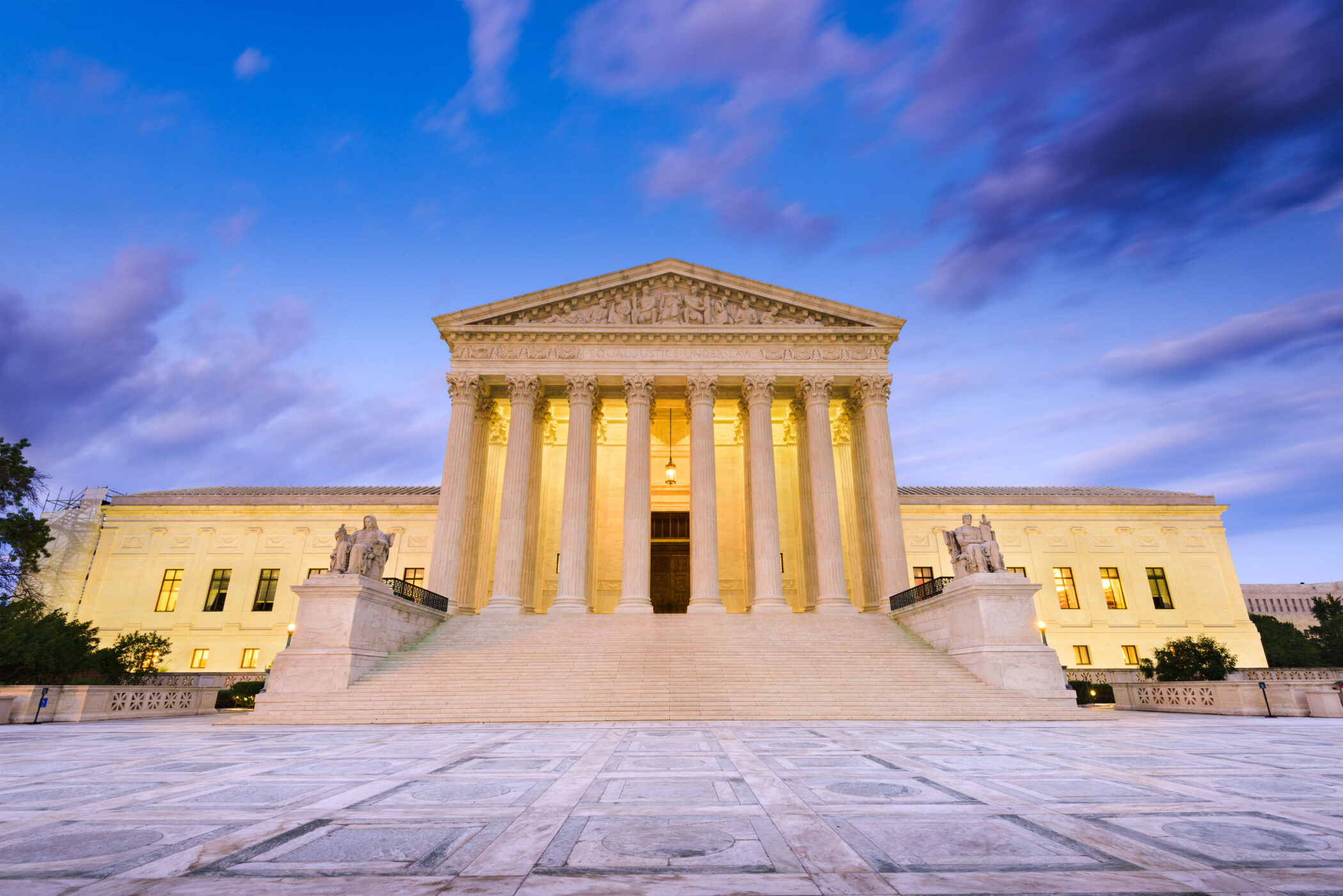
Kansas Association of School Boards lobbyist, Mark Tallman, penned a blog post that dispels some myths about school funding and budget cuts. The post titled, “After school finance and tax bills pass, where do we go from here,” admits that legislators didn’t cut spending when they cut taxes, and that school districts are sitting on hefty cash reserves.
The post also makes recommendations for how school board members can sell the legislature’s recent $1.2 billion tax increase to patrons.
The post provides a brief economic and political history. Tallman notes that the state cut taxes without really cutting expenses.
He writes, “The legislature never approved deep spending cuts either.”
Voters will soon recognize that the tax increase didn’t just eliminate the LLC exemption. The increase will apply to those in all income tax brackets, the post reads.
“As a result, those voters will likely see an increase in income tax withholding or their tax bill when paid,” he writes.
He confirms that some of the challenges with Kansas’ budget over the past few years are related to agriculture and oil markets, and that could mean tax revenues may not keep up with spending unless tax rates continue to increase.
“In other words, the new tax bill will bring in a lot more money in the first year or two as phased in, but this will slow down. In fact, the tax bill is expected to bring in LESS money after the first two years, because previously lowered exemptions and deductions are being restored,” he writes. “Furthermore, if state personal income growth is barely keeping up with inflation, tax revenues will do likewise unless further rate increases are passed.”
Tallman also admits that state spending is projected to grow faster than inflation, due in part to KPERS liabilities and to school finance.
His post advises member school boards on how to sell the recent tax increase to voters, dispelling one common misconceptions about school funding: He admits that schools have been sitting on cash reserves.
“…Consider, prudently, reducing cash reserves,” he advises. He writes that many districts had justifiable reasons for sitting on the cash. “But after this legislature took steps to finally provide stability for the next two years, districts should consider ways to reasonably invest money in one-time investments, like professional development to improve educational outcomes.”


